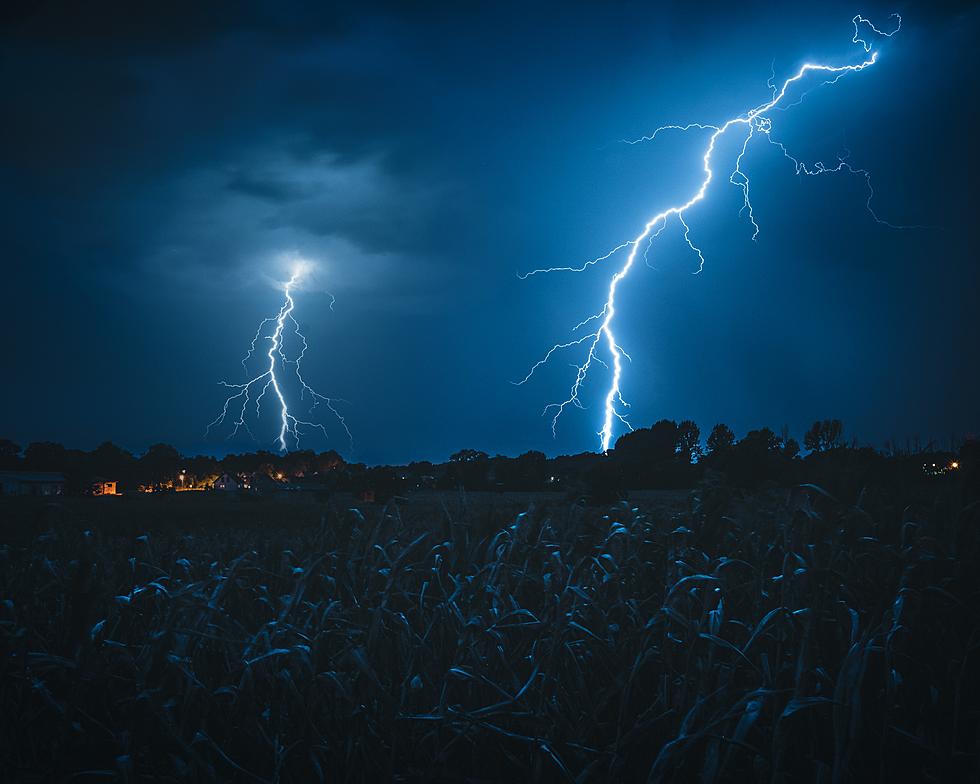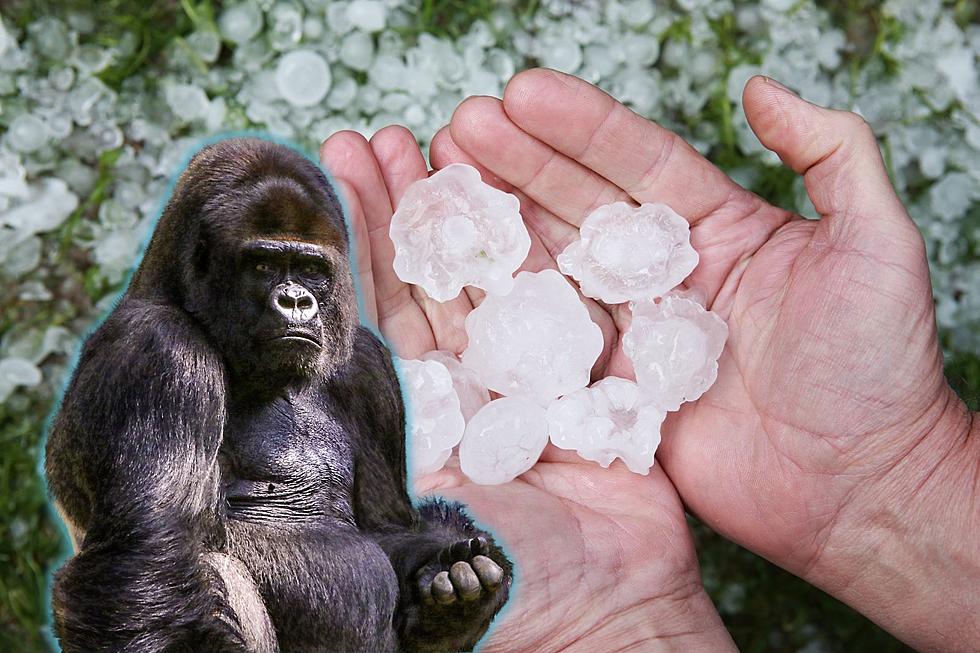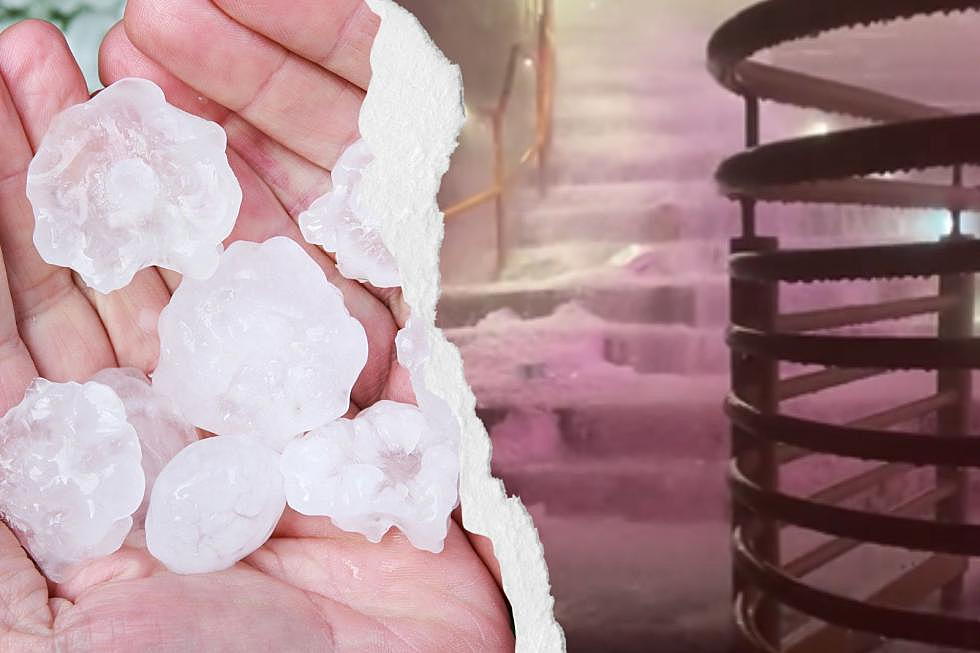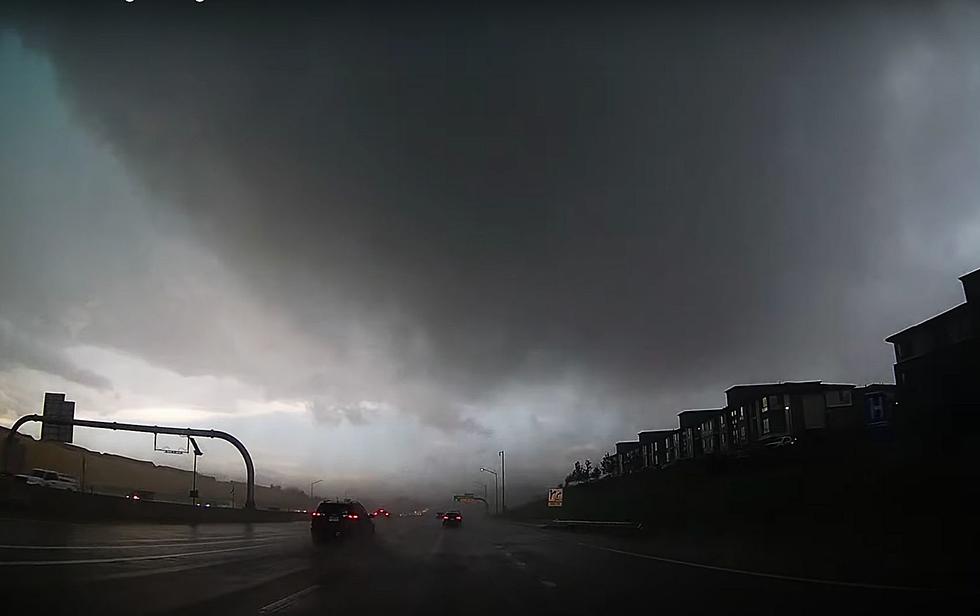
Colorado Governor Filing Federal Declarations for Disaster in Glenwood Canyon
Governor Jared Polis held a press conference with Executive Director of the Colorado Department of Public Safety and Colorado State Patrol Chief Matt Packard to detail the next steps in approaching the mudslide disaster in Glenwood Canyon that has indefinitely closed I-70.
Governor Polis said that they are in the beginning stages of preparing a State of Emergency Disaster declaration, as well as a Federal Stafford Act declaration. These two declarations will aim to maximize the amount of federal funding the state of Colorado will receive to tackle this incident. Governor Polis, while the paperwork has not yet been submitted, is confident that the situation meets all the criteria to be granted funding under both declarations.

Hilkey also detailed the unified command situation that the Department of Public Safety has with the Colorado Department of Transportation (CDOT). With the partnership, they are able to take the powers of both departments to manage the situation in the most efficient way.
Hilkey noted that they have opened a state of emergency center for local and state crews that are working diligently on the damage.
He gave a special shoutout to Eagle, Garfield, and Pitkin counties for their robust response to the emergency as they are on the peripheral of the disaster.
Hilkey detailed what he has named "Plan 1B", which is the approach to the river clean up. Not only has the damage been done to the infrastructure of the roads through Glenwood Canyon, but the debris has impacted the course of the river. In some areas, the water has diverted toward the roadway, causing further damage.
Packard issued cautions for anyone traveling through Colorado and how to approach alternative routes. He encourages drivers to stay on the state highway system whenever possible and to be patient and travel safely. There are several areas along the alternate routes that have extra officers stationed, so safe and mindful driving is absolutely encouraged.
With I-70 being as vital of a travel artery for residents, recreational visitors, trucking, and commerce, the question of how soon the road will be cleared and opened obviously stand at the top of concerns. Because it is currently unknown how much damage has actually been done, and there are some areas that are still sitting under 10+ feet of mud and debris, Governor Polis is unable to give an exact date of when the road will be open. He was, however, provided a range from a few days to a few weeks.
Even then, the steps for opening the Canyon will probably be first a limited capacity one-lane each way re-opening.
Obviously, the current monsoon season and consistent weather throughout the Canyon can inhibit crews from doing the work that needs to be done. However, Polis detailed how important it is that the road is opened by ski season. The alternate routes that are laid out now are safe for summer traveling, but become a bit more treacherous as winter weather sets in.
Moving forward, once the Canyon is clear, the plan is to shift a lot of focus to infrastructure protection, water protection, and fire mitigation. The burn scars from last year's fires, the threat of a mudslide, and the mass amount of sudden rain all contributed to the massive disaster. The goal is to focus on climate resiliency and prevention to keep something like this from happening again.
You can keep up with updates on road closures in Glenwood Canyon and throughout Colorado here.
LOOK: The most expensive weather and climate disasters in recent decades
KEEP READING: Get answers to 51 of the most frequently asked weather questions...
More From Kool 107.9









